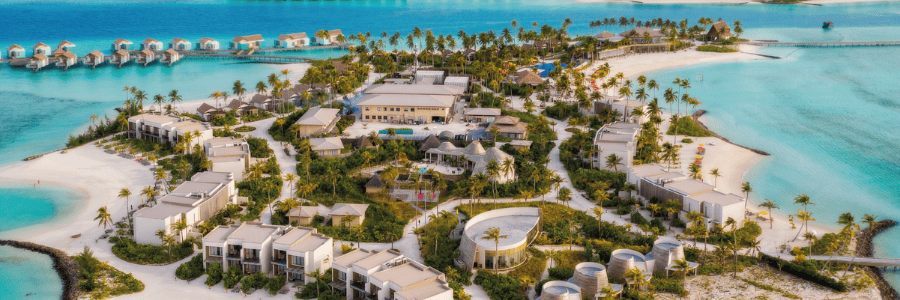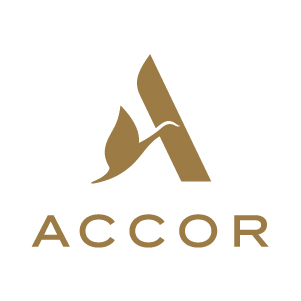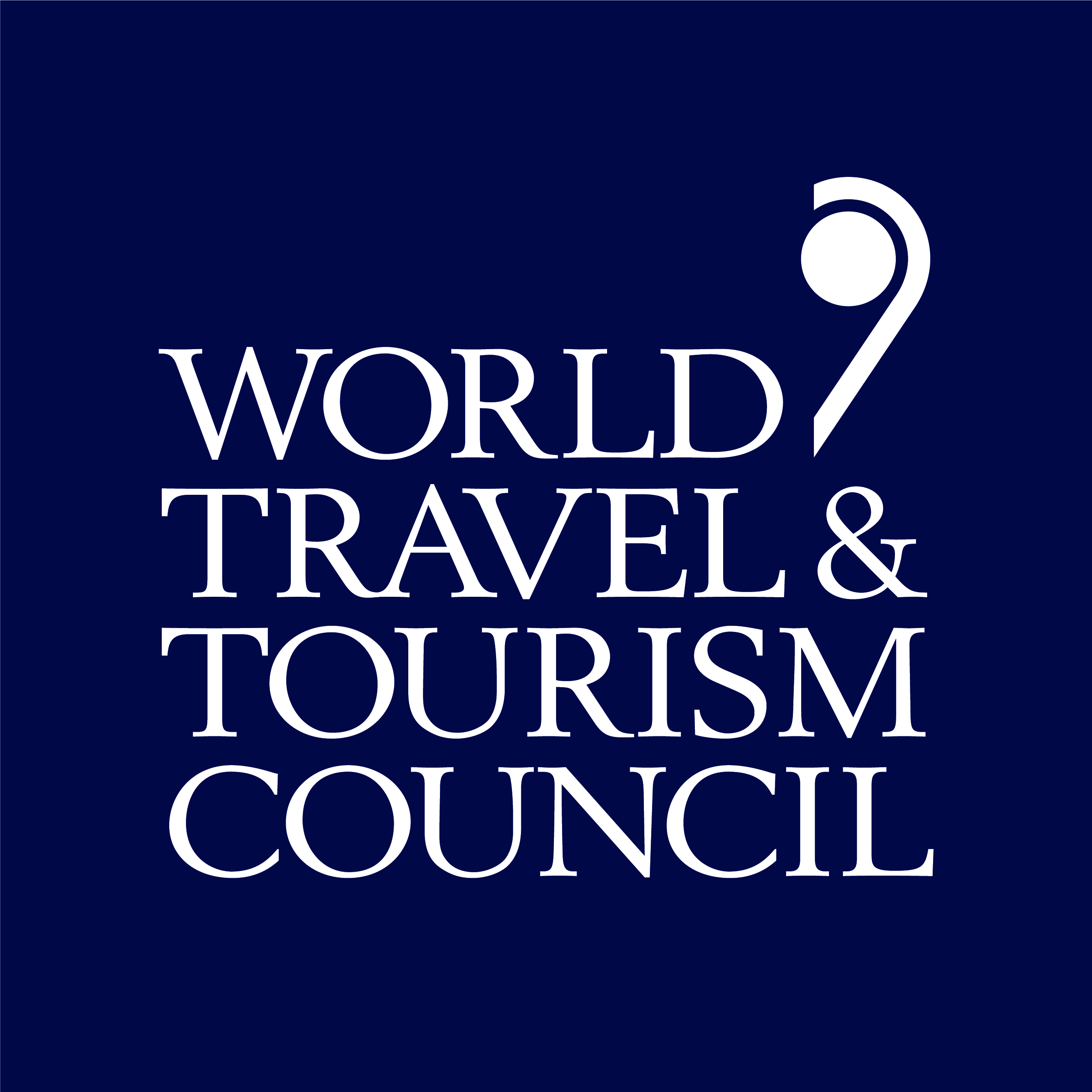Innovative water management practices

The Travel & Tourism sector, a significant global economic sector, faces increasing pressure to manage water resources sustainably. With climate change exacerbating water scarcity, innovative water management practices are essential for reducing water use and enhancing water resilience. By adopting sustainable tourism practices and implementing water-saving technologies in hospitality, the sector can significantly mitigate its environmental impact. Additionally, providing eco-friendly travel tips to tourists can promote responsible water use, further contributing to the sector’s efforts in sustainable water management.
Marriott International’s water management strategies
Marriott International, with its extensive portfolio of nearly 8,600 properties worldwide, is a leader in adopting sustainable water management practices. Guided by its 2025 Sustainability and Social Impact Goals, Marriott focuses on reducing water intensity by 15% from its 2016 baseline. A key initiative involves the use of the World Resources Institute (WRI) Aqueduct tool to assess water risks. In 2022, Marriott identified that approximately 42% of its water withdrawals were from areas with high or extremely high baseline water stress. To address this, Marriott implemented several measures:
Sign in to access actionable insights
The Travel & Tourism sector, a significant global economic sector, faces increasing pressure to manage water resources sustainably. With climate change exacerbating water scarcity, innovative water management practices are essential for reducing water use and enhancing water resilience. By adopting sustainable tourism practices and implementing water-saving technologies in hospitality, the sector can significantly mitigate its environmental impact. Additionally, providing eco-friendly travel tips to tourists can promote responsible water use, further contributing to the sector’s efforts in sustainable water management.
Marriott International’s water management strategies
Marriott International, with its extensive portfolio of nearly 8,600 properties worldwide, is a leader in adopting sustainable water management practices. Guided by its 2025 Sustainability and Social Impact Goals, Marriott focuses on reducing water intensity by 15% from its 2016 baseline. A key initiative involves the use of the World Resources Institute (WRI) Aqueduct tool to assess water risks. In 2022, Marriott identified that approximately 42% of its water withdrawals were from areas with high or extremely high baseline water stress. To address this, Marriott implemented several measures:
- Water-efficient landscaping: The JW Marriott® Phoenix Desert Ridge Resort & Spa in Arizona replaced large areas of grass with turf, saving an estimated 5.7 million litres of water annually.
- Desalination plants: Le Méridien® Maldives Resort & Spa installed a desalination plant to convert seawater into fresh drinking water, earning the Green Mark GOLDPLUS award for sustainability.
Marriott also enhanced its water monitoring capabilities through the Marriott Environmental Sustainability Hub (MESH), ensuring compliance with sustainability goals and reducing its environmental footprint.
Six senses’ community-centric water initiatives
Six Senses, known for its focus on wellness and sustainability, operates 21 properties globally. Each property has a Sustainability Fund dedicated to local community and ecosystem projects. Notable initiatives include:
- Seagrass protection: Six Senses Laamu launched the #ProtectMaldivesSeagrass campaign, protecting over 9,74,000 square meters of seagrass meadows and gaining endorsement from the Maldives Ministry of Tourism. This initiative helps stabilize ecosystems, enhance coastal protection, and store carbon faster than rainforests.
- Water bottling: For 16 years, Six Senses has bottled its own water, eliminating the need for plastic bottles. Inspired by Six Senses Laamu, 97 water filter stations have been installed across Laamu Atoll, providing 5,998 people access to clean drinking water.
These initiatives align with Sustainable Development Goal (SDG) 6.6, demonstrating that tourism businesses can inspire collective action to protect and restore water-related ecosystems.
Norwegian cruise line’s technological advancements
Norwegian Cruise Line, a leading global cruise operator, has innovatively addressed water management challenges by reducing reliance on external water sources and enhancing wastewater treatment. Key measures include:
- Onboard water production: Norwegian achieved its target of producing 90% of freshwater onboard through reverse osmosis filters and steam evaporators. This reduces the need for bunkering water in high-stress areas.
- Water conservation measures: Initiatives such as towel reuse programmes, water flow reducers on taps and shower heads, and the reuse of air conditioning condensate have significantly reduced water intensity.
- Advanced wastewater treatment: All ships are equipped with Advanced Wastewater Purification (AWP) systems, treating 80% of wastewater before discharge. Ballast water treatment systems prevent the spread of non-native species, ensuring compliance with environmental standards.
These measures highlight Norwegian’s commitment to sustainability and reducing the environmental impact of its operations.
The tourism sector is making significant strides in managing water resources sustainably. Companies like Marriott International, Six Senses, and Norwegian Cruise Line are leading the way with innovative practices that reduce water use, enhance resilience, and protect ecosystems. These efforts not only contribute to the sector's sustainability goals but also set a high benchmark for others to follow, ensuring a more sustainable future for Travel & Tourism globally.


















